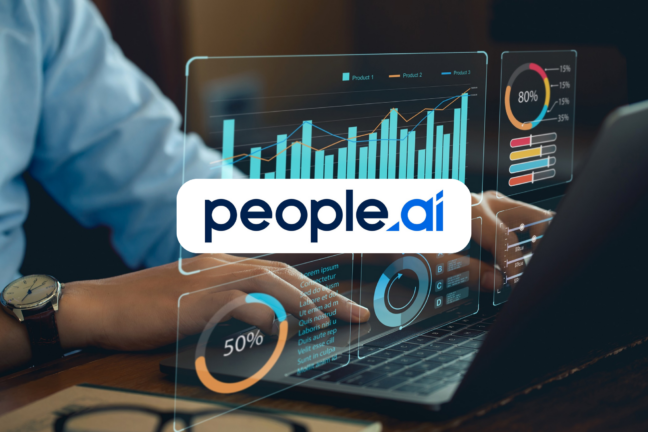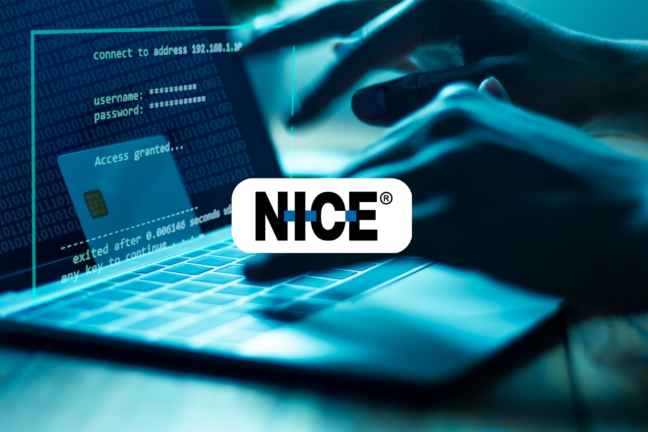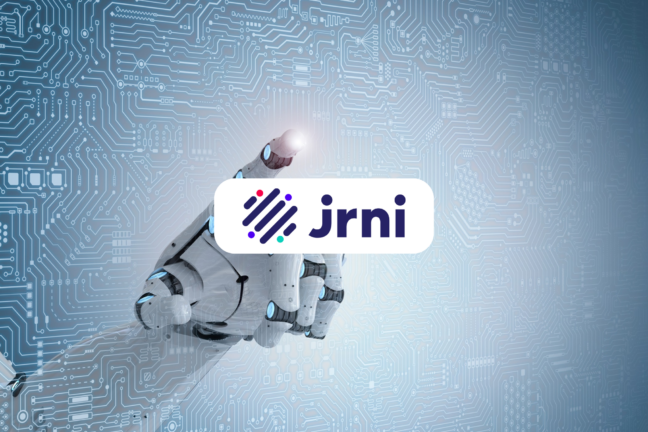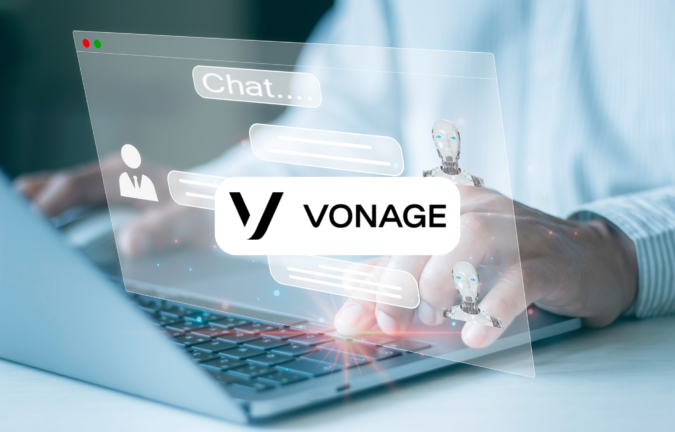Customer experience (CX) is about relationships and trust. Without a basis of trust, brands must resort to a very transactional arrangement.
Given the rise in generative artificial intelligence (AI) and the large language models (LLMs) that are fed with enormous amounts of customer data, it’s necessary that trust must span processes, data, and systems. And as organizations increasingly use generative AI, establishing trust is critical.
While there are many benefits of generative AI: efficiency, personalization, relevancy, and scalability, etc., the major gating factor impeding uptake of generative AI is the trust factor in data management and data privacy.
Some regions, such as Europe and Australia, for example, share concerns about data sovereignty -- they don't want their data leaving their shores, so where data is stored and how it’s used is critical to this foundation of trust.

Too many vendors have rushed to the “disco glitter ball” without taking the time and due consideration for how these engines will process, store, and use data. There needs to be a multi-step process to anonymize the data before it is sent to a generative AI engine while stripping away the personally identifiable information (PII) data so these engines can't be used to identify the information and use it negatively.
In addition to pre-processing elements, it’s also critical to focus on post-processing steps to mitigate generative AI “hallucinations” and incorrect responses before serving any information back.
Fostering trust in new technologies, such as generative AI, requires building a team that values integrity and good corporate citizenship. Your company's culture and “trust profile” must be visible and well-marketed -- publicize your actions, expectations, and behaviors. And actions need to match words.
CX leaders need to help team members with concrete steps to help them build skills. This can be broken down into two aspects: soft skills and hard measures. The soft skills are about training and teaching accountability, integrity, responsiveness, transparency, communication, and expectation management.
Hard measures include processes, certifications (i.e., SOC2 Type2, ISO 27001), system access, awareness, measurement methods with checks and balances, routine audits, root-cause analysis, and more.
Build resilience with each individual team member through educational courses such as fire drills, table-top conference room pilots, mock tests, and more.
With a solid foundation of what “building trust” means to your team and making sure they are good "corporate citizens," you can layer on the corporate aspects of protecting your customer data to cement trust and, as a result, build customers for life.
-
As Chief Customer Officer at SugarCRM, Chris Pennington is responsible for the Sugar customer journey. He leads the global Professional Services and Support business units to drive world-class outcomes leading to best-in-class customer satisfaction, retention, and referenceability.









